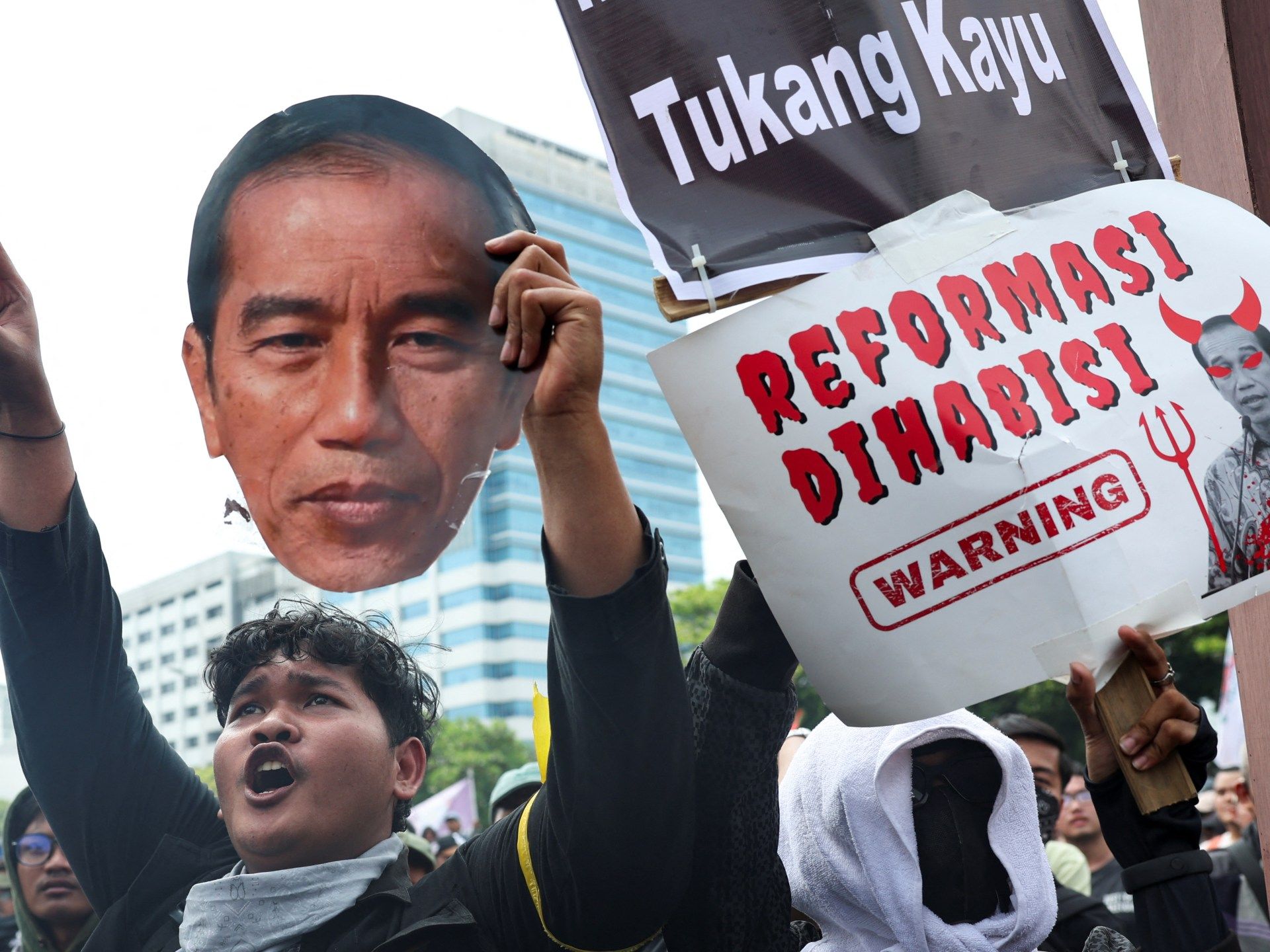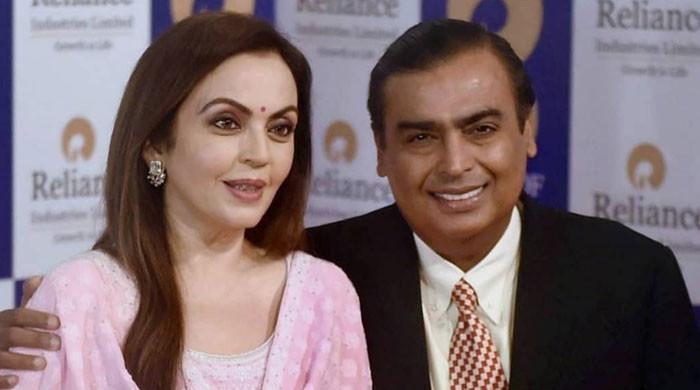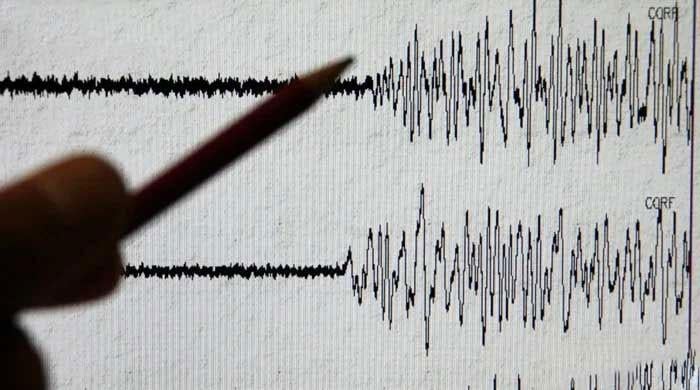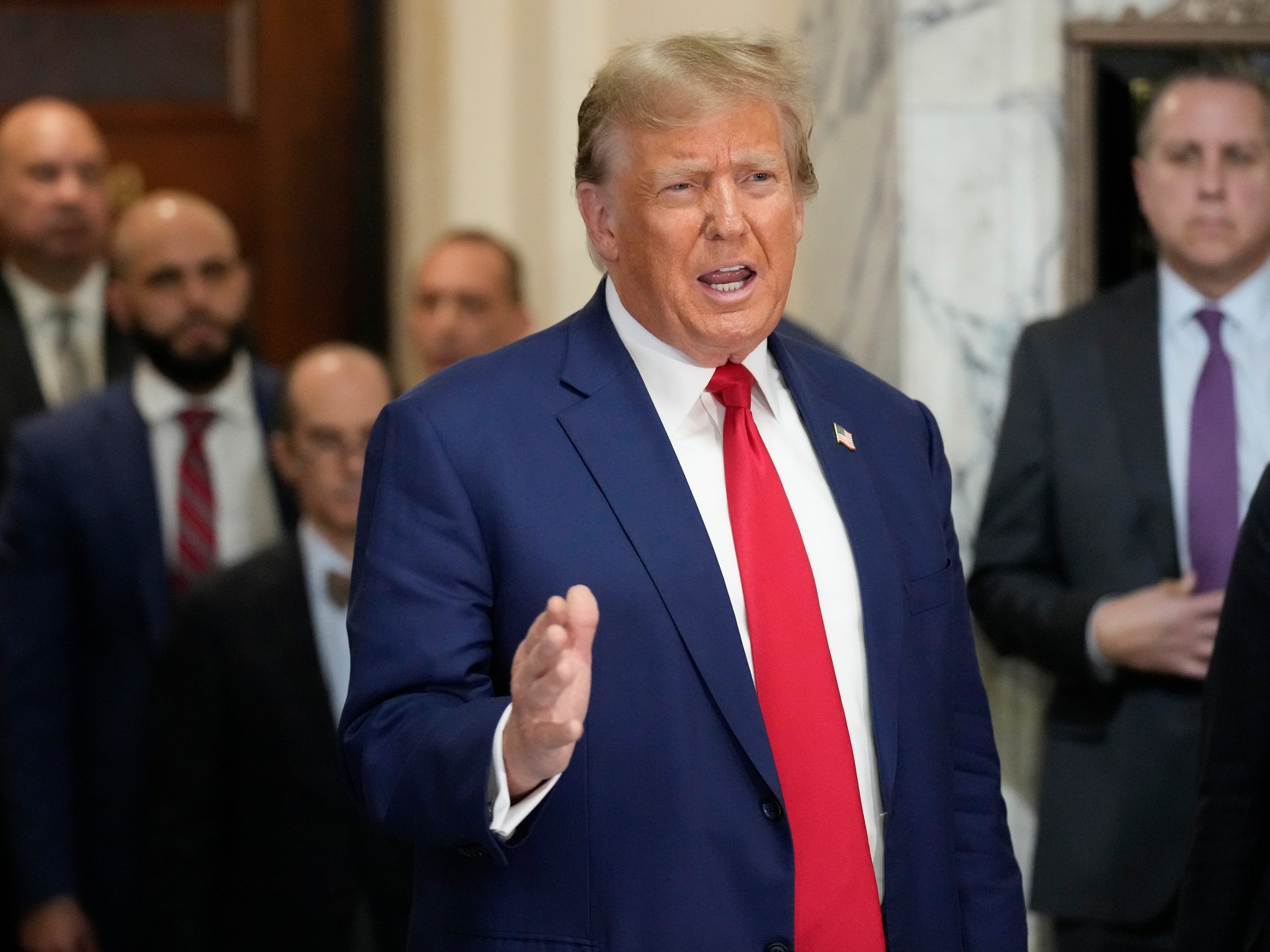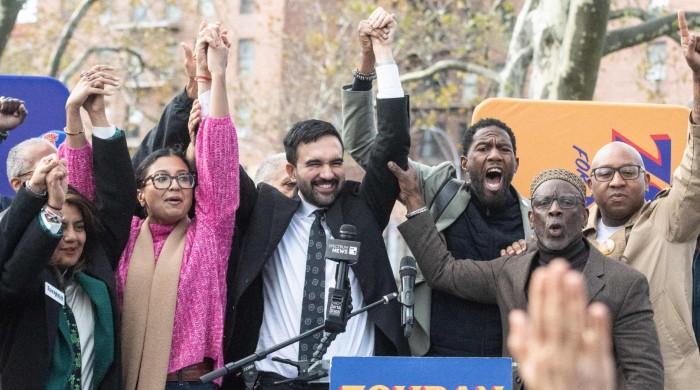Protesters clash with police after allies of the outgoing president attempted to revise electoral rules, potentially installing a political dynasty.
Indonesian lawmakers have called off plans to ratify revisions to election laws, the deputy speaker of parliament said after thousands of people protested outside the parliament building.
Parliament was preparing on Thursday to reverse a Constitutional Court order on age requirements for candidates in upcoming regional elections, replacing a ruling that had made President Joko Widodo's youngest son, Kaesang Pangarep, 29, ineligible.
Had the changes been implemented, they could have further increased the outgoing president's political influence. Critics said the changes were aimed at installing a political dynasty.
But as thousands of people protested outside parliament, lawmakers said they had postponed an emergency session. The vice president later said the proposed changes would be scrapped for this election period, in an apparent about-face.
“It has been officially decided that the revision of the Regional Electoral Law cannot be carried out. This means that today’s revision has been cancelled,” Sufmi Dasco Ahmad, deputy speaker of the House of Representatives, told reporters after the clashes.
Protesters set fire to tires and set off firecrackers as they chanted slogans against Widodo, better known as Jokowi.
Indonesian police used tear gas and water cannons to disperse protesters who tried to storm the parliament building after they tore down a section of the fence and threw stones at police.
Protesters occupied the streets in front of the building. Some carried signs and banners, while others started a fire and burned tires.
“I came here because my country is on the brink of destruction. These lawmakers have cheated the people,” Muhammad Saleh Zakaria, a 64-year-old protester, told AFP news agency.
Protests were also reported in Yogyakarta, Makassar, Bandung and Semarang.

Widodo's office has been trying to calm the unrest. “The government hopes that there will be no misinformation or slander that could trigger chaos and violence,” spokesman Hasan Nasbi told reporters.
The Constitutional Court on Tuesday dismissed a challenge to an age limit that bars people under 30 from running for regional governorships, which would prevent Widodo's son Kaesang from running in a regional race in Central Java.
The court also made it easier for political parties to nominate candidates by lowering the requirement that they hold at least 20 percent of a local legislature.
Kaesang has been tipped as a candidate for an influential post in November's regional elections. The president's allies have been trying to find a way around the current minimum age of 30 for candidates by making it applicable from the moment of inauguration. Kaesang turns 30 in December.
The scandal came months after Widodo's eldest son, Gibran Rakabuming Raka, 36, was elected Indonesia's youngest vice president, fuelling accusations of nepotism. Widodo is also accused of helping install his replacement, defence chief Prabowo Subianto, who is due to take office in October.
Experts say Indonesians are becoming disillusioned with Widodo and his attempts to retain political influence. The president will step down after serving the maximum two five-year terms.
“People are angry about the continued manipulation of our democratic system,” said Ika Idris, a Jakarta-based political expert at Monash University’s data and democracy research centre.
“This has happened repeatedly and very quickly. There is a clear desire to… extend power.”

